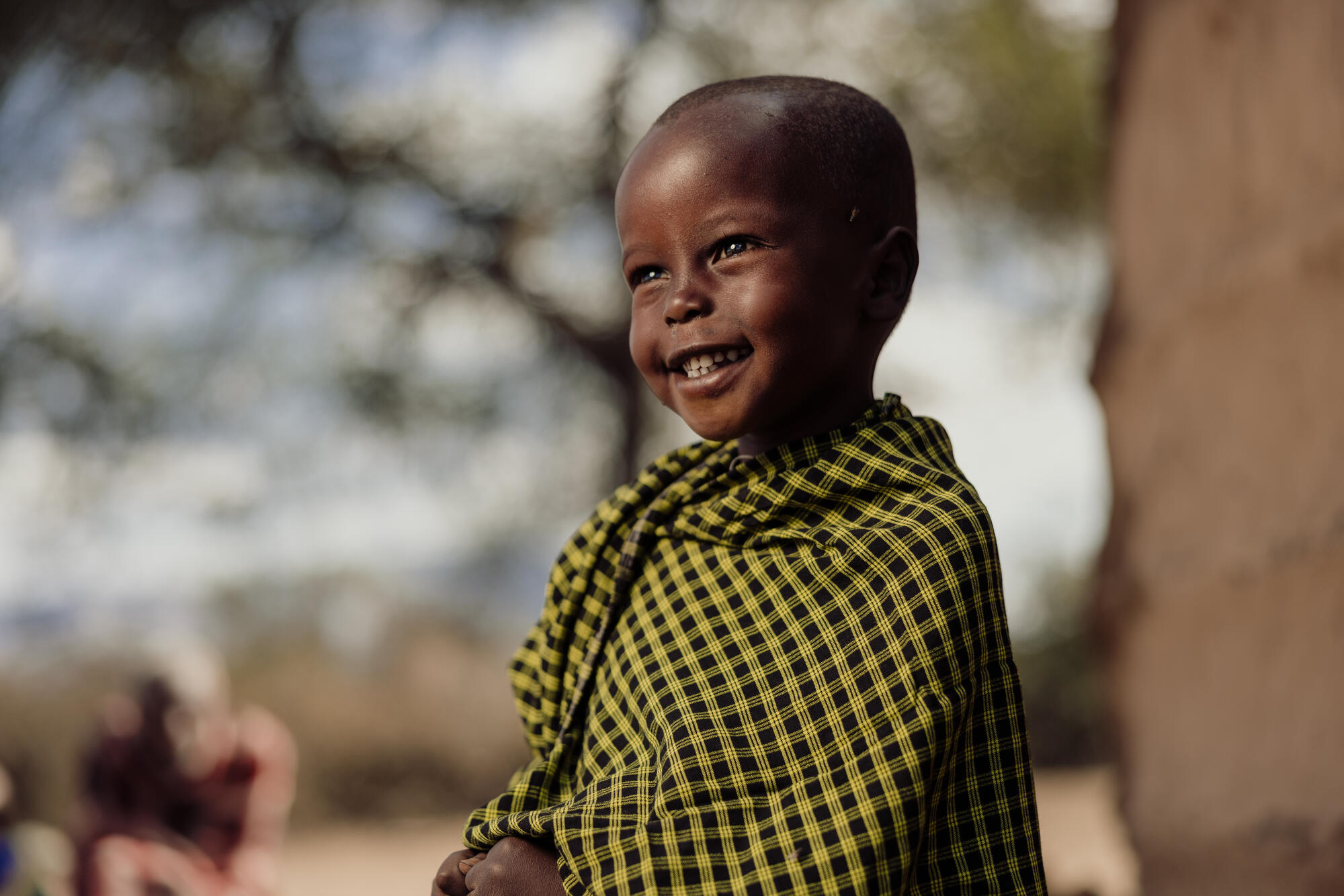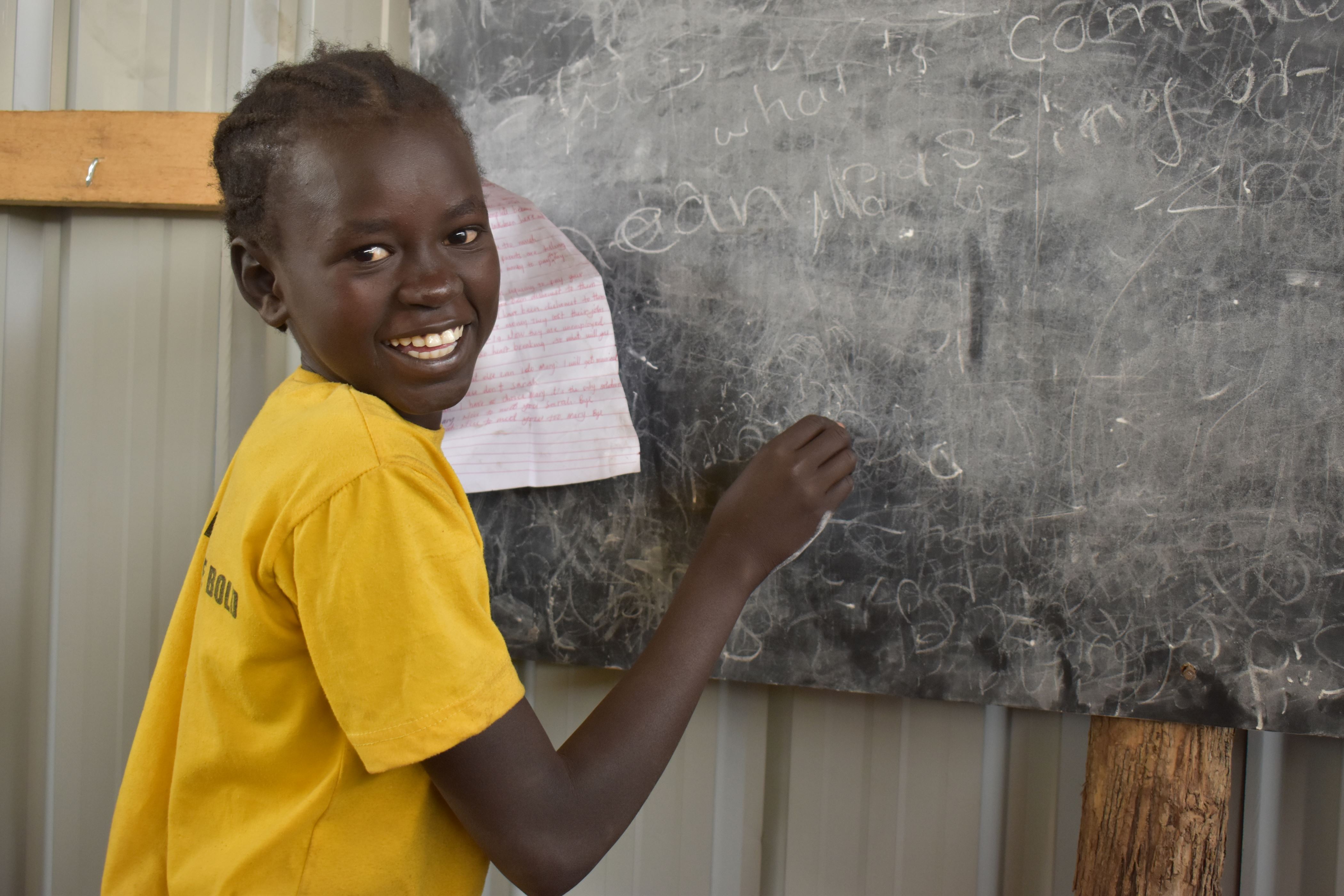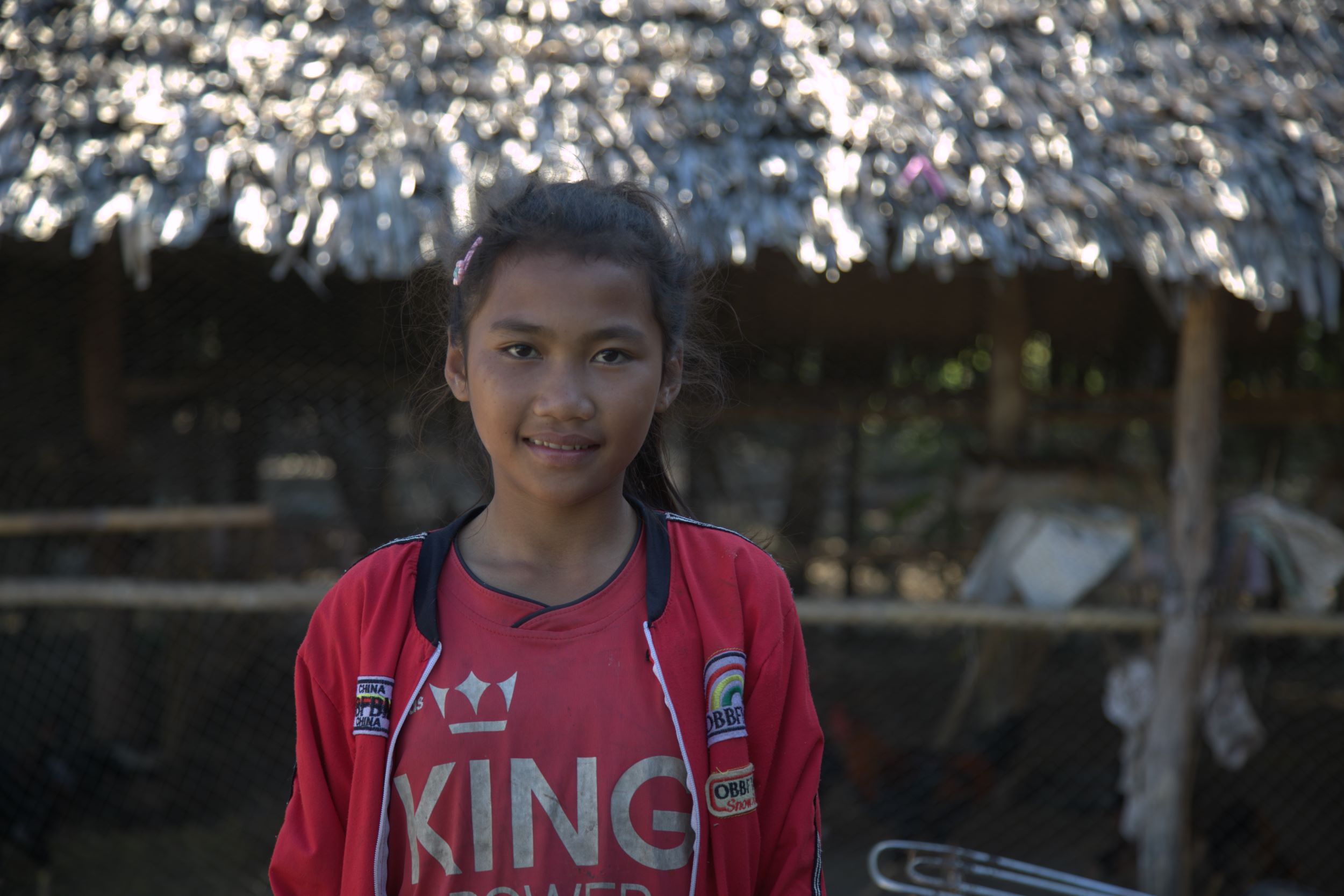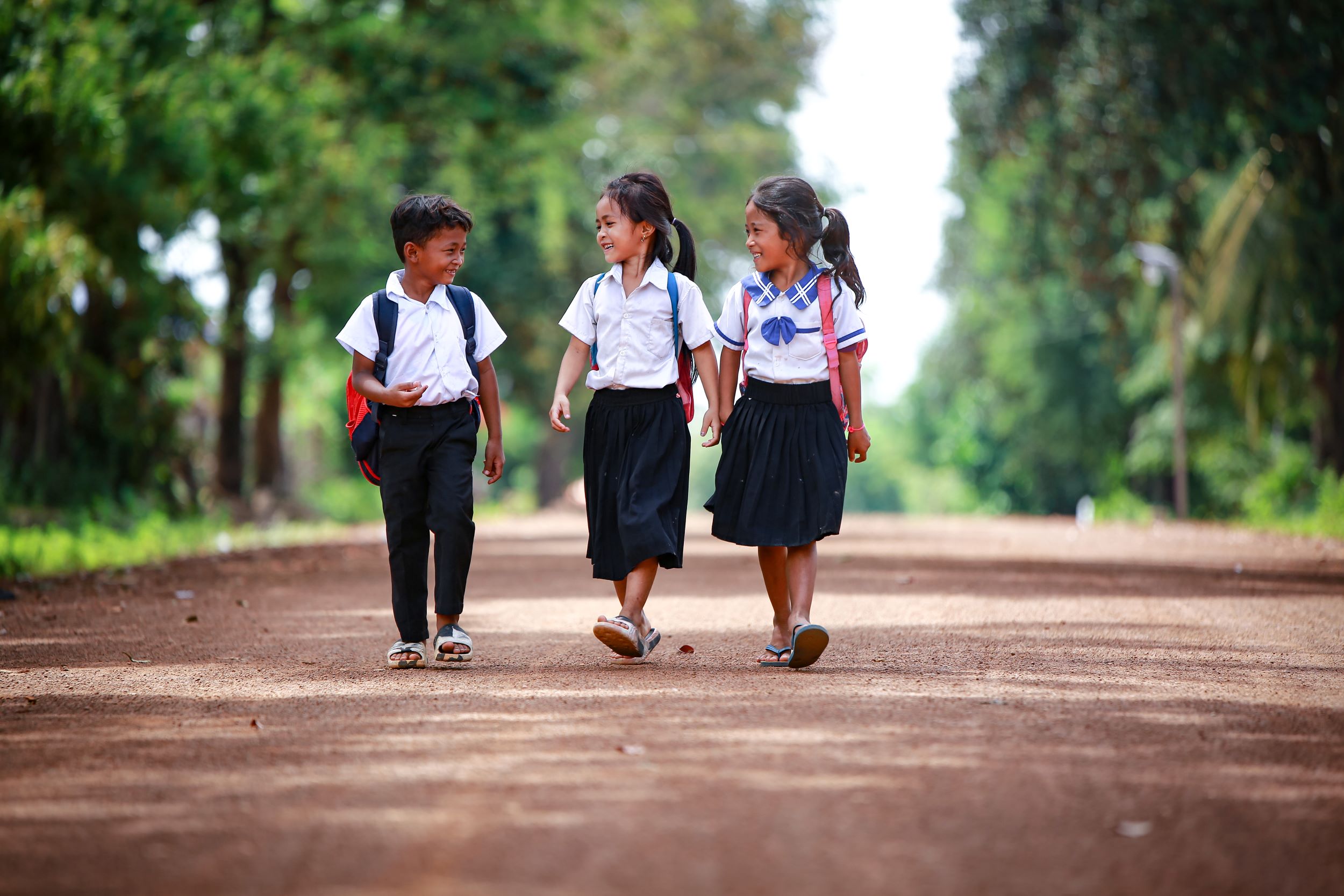
Seven interesting facts about school
Child sponsors are transforming the lives of children in low-income countries
The summer holidays have finally come to an end and a new school year has begun. This will be an especially big deal for children starting school, moving up to high school, or beginning those all-important GCSE and A-level years.
As we celebrate International Literacy Day, we're uncovering seven facts about schools in low-income countries that many children live with every day, and how you can help transform their lives.
Education and poverty
School is so important that quality education for all is one of the UN’s 17 Sustainable Development Goals.
This is because education is one of the most powerful and proven ways to break the cycle of poverty for children and their countries. But school can mean very different things in different parts of the world – and the standard of education that children receive can vary wildly from country to country.
Getting a child to go to school is the first step, but lots of factors affect their educational outcomes. These include the curriculum, equipment, facilities and attendance levels, as well as the cultural expectations of their community and the support they receive at home.
If you sponsor a child, you are helping them stay in education and build a future of hopes and possibilities – giving them a chance to break free from the cycle of poverty.
1. School can be expensive, even when its free
Every child has the right to a free, basic education, according to Article 26 of the Universal Declaration of Human Rights.
Over the last few decades, some governments around the world have scrapped school fees, giving millions more children the chance to go to school for the first time.
But school can still be expensive – uniforms, books and exam fees can add up to as much as 40% of household income in some households.
In order to work to help support the family, some children might start school later, stop for periods of time or even drop out altogether.
Child Sponsorship helps to get children in school by meeting their needs. This might involve providing uniforms or required textbooks, persuading parents to make school a priority, offering help to families so they can grow their income – and more.
2. Sometimes school is really far away
Some days, the school drop-off for parents feels like a marathon, but for many children in low-income countries, a return trip to school can be a two-hour walk.
Children living in remote areas might have to cross a mountain pass just to get to class. That is an epic journey just to get to school, meaning some children are too exhausted to learn well, frequently miss days, or don't go at all, which slows their learning.
Did you know? 6K is the average distance that children, often girls, walk every single day to fetch clean water for their community.
Child Sponsorship helps connect children with schools, and in some places it’s less about school fees and more about building better roads, supporting with transport or building schools in a community.
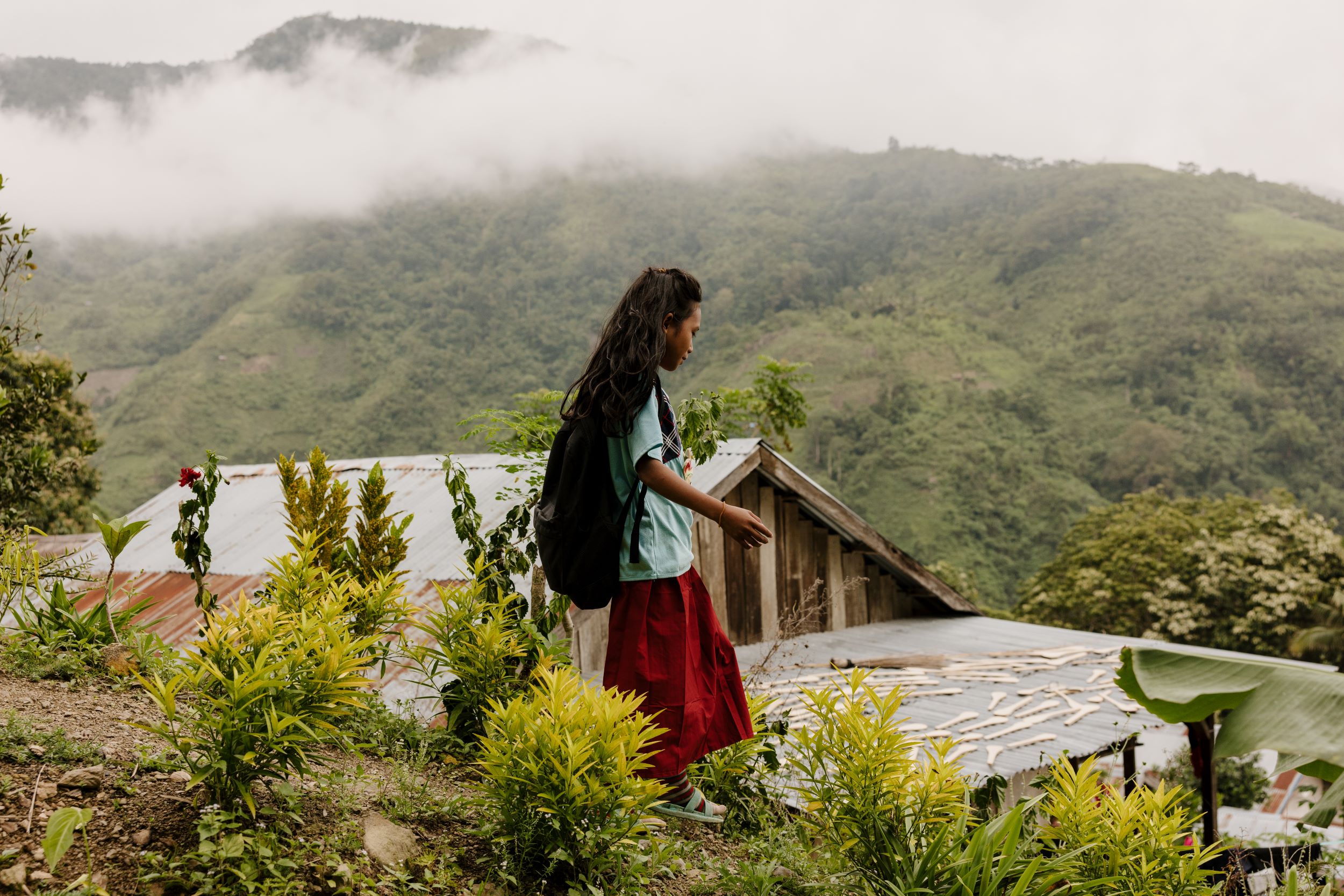
3. Some parents want their children to skip school
Sometimes it’s about the money, but other times it’s because of social norms and gender roles.
129 million girls worldwide are not enrolled in school, while 40% of girls in low-income countries marry before they reach 18.
Parents may consider school a waste of time and resources and in some places, sending a girl to school is seen as a risk to her morals. In countries where sexual and gender-based violence is prevalent or children are vulnerable to exploitation, school can pose real safety risks for girls.
World Vision works with parents to help them understand the benefits of education. We work with parents, the wider community, school staff, faith leaders and other community leaders to address social norms in culturally appropriate and relevant ways, promoting gender equality, children’s rights and strengthening child protection.
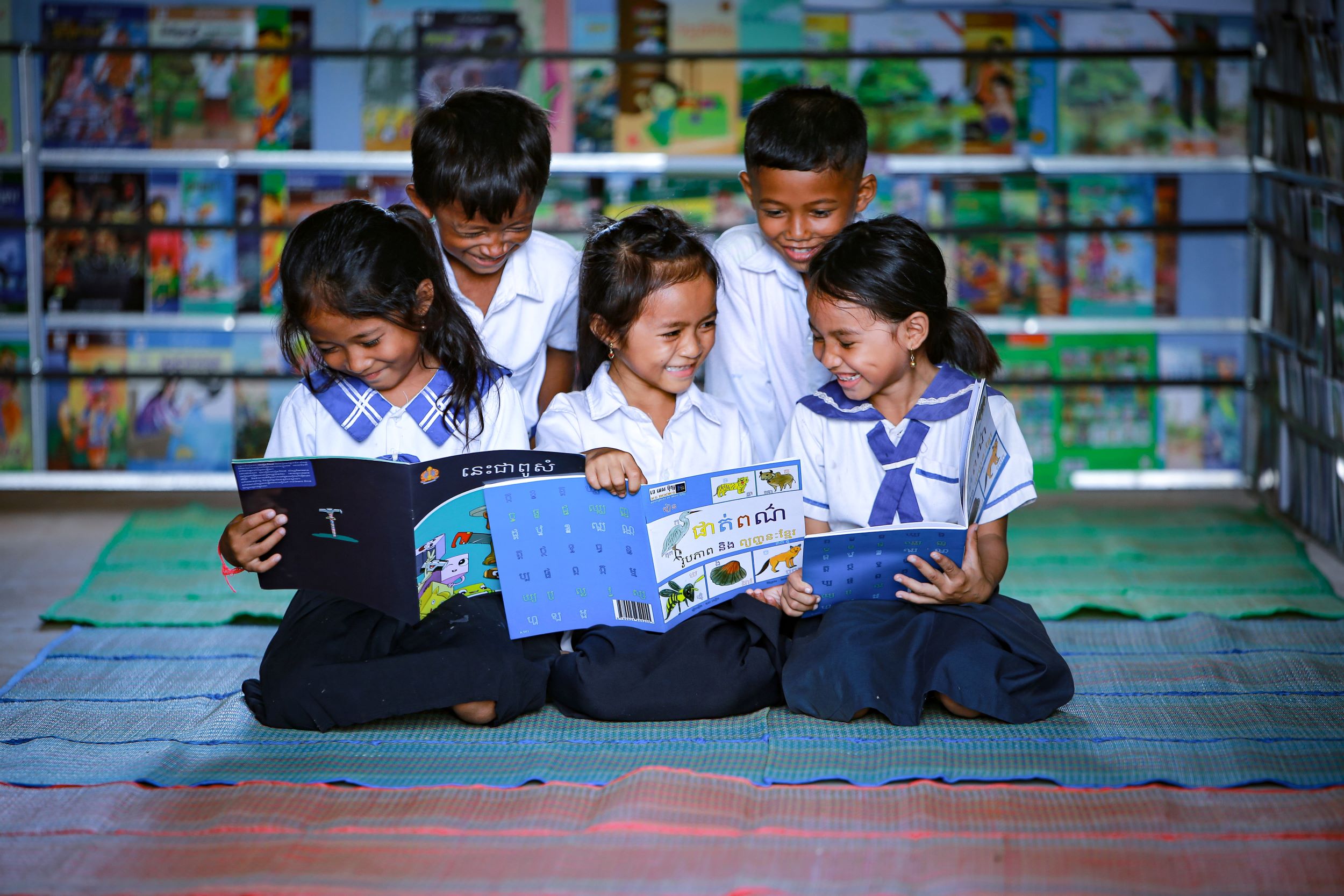
4. Some children aren’t welcome
Every child deserves to receive an education, yet in parts of the world, some children aren’t welcome at school.
Worldwide, children with disabilities are two and a half times more likely to be denied an education than their peers. This is even more prevalent in the world’s poorest countries, where disabled children are often refused enrolment, or their parents choose not to send them because of stigma.
Children from different social segments or castes might be similarly discriminated against.
Child Sponsorship helps children, parents, and communities learn about the rights of all children and support them to advocate for change.
We also help communities to build disability-friendly infrastructure, like ramps for wheelchairs at toilets and water points.
We work with schools and businesses to provide opportunities for learning and employment for people with disabilities. And we partner with communities to tackle negative stereotypes towards people with disabilities so that every child can reach their full potential.

5. Many teachers are overloaded and undertrained
Research shows that teachers are the most important factor in learning. But there is a serious shortage of teachers in many low-income countries, leaving teachers with huge classes and limited resources.
These teachers often have limited training themselves, which is why Goal 4 of the SDGs is working toward increasing the supply of qualified teachers in low-income countries by 2030.
Equipping teachers with the skills, knowledge and resources they need to inspire and empower children to learn is a key focus of World Vision’s work worldwide.
6. Schools don’t always have the resources they need
There are some basics that you might expect every school to have – chairs, a classroom, electricity, pens and pencils, books, and toilets.
In some schools in low-income countries, these resources are not available. Before the pandemic, seven out of 10 schools lacked basic handwashing facilities, while half lacked water and sanitation services.
That’s why Child Sponsorship helps to provide reading materials, toilets and taps, and other resources like computers and tablets in schools where they are needed.

7. A period can be a big problem
An estimated 500 million women and girls don’t have what they need to manage their monthly period hygienically and with dignity – essential things like a toilet, water, and sanitary products. For girls, this means they often stay at home or drop out of school altogether.
Period poverty is a big focus for World Vision because missing school can have devastating impacts on girls’ learning and literacy.
Child Sponsorship helps girls to stay in school no matter what time of the month it is by installing lockable toilets and taps in schools and teaching school children about menstrual hygiene management.
We also work with teachers and schools to change perceptions and social norms, creating a supportive environment for girls to learn in.
You can make a difference
School in low-income countries can hold more challenges than you might have realised. But through your child sponsorship, a child could get the extra support they need to go to school and work towards a better future.
Sponsor a child today and, together with others, help create greater change, making a long-lasting difference to a child’s future.

